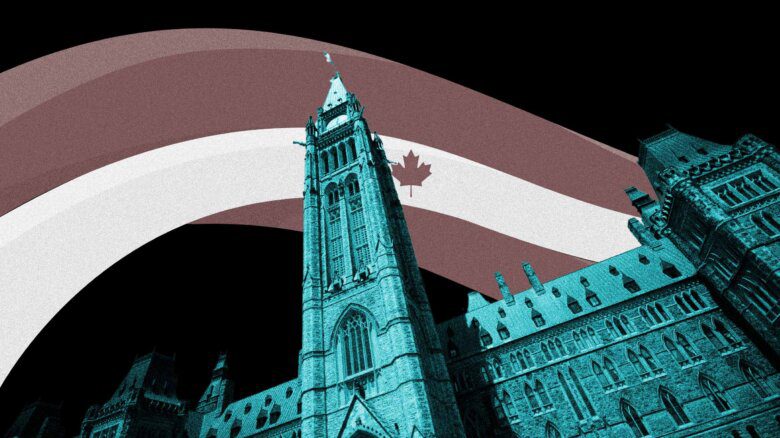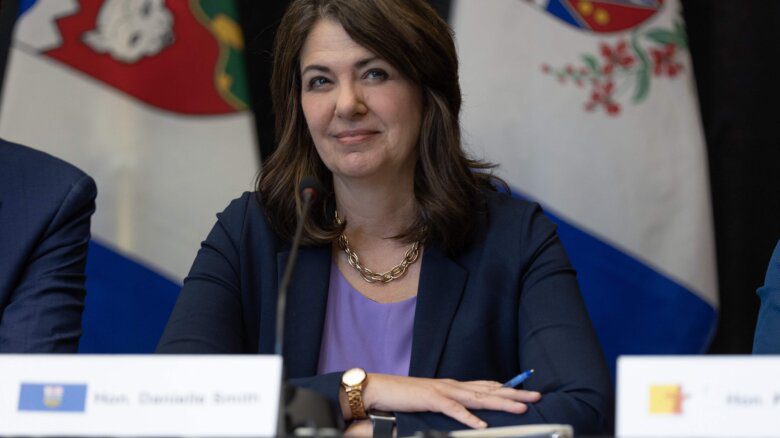The European Union (EU) is set to take Hungary to court over its controversial anti-LGBTQ+ propaganda law.
In a statement released on July 14, the European Commission, the executive branch of the EU, accused the Hungarian government of engaging in “discrimination of LGBTQ+ people” after it enacted its propaganda ban in June 2021. The statute forbids children from accessing books or any other material accused of promoting “homosexuality” or “gender change,” whether it’s classroom textbooks, advertisements, films or television shows.
The EU added that these policies violate the “fundamental rights of individuals” under Article 21 of its Charter of Fundamental Rights, which prohibits discrimination on the basis of sexual orientation. The suit is being filed with the European Court of Justice (ECJ), which oversees legal matters impacting EU member countries.
Although it’s unclear what redress will be sought, the clash could lead to major sanctions against Hungary as it continues to butt heads with EU leaders over its years-long crackdown on LGBTQ+ equality. In May 2020, Prime Minister Viktor Orbán’s government passed a law banning trans people from correcting their legal gender marker, and later the same year, Hungary passed a constitutional amendment banning same-sex couples from marrying or adopting.
The propaganda law, in particular, elicited major backlash from European leaders. After it was approved by Hungary’s parliament last year, EU commissioner Ursula von der Leyen said she “will use all the powers” of her office “to ensure that the rights of all EU citizens are guaranteed, whoever you are and wherever you live.”
“I strongly believe in a European Union where you are free to love who you want, and I believe in a European Union that embraces diversity,” said von der Leyen, who heads the European Commission, in a press release.
The executive branch signalled, at the time, that it was preparing to take legal action against Hungary over the propaganda ban, but did not lay out a timeline.
Orbán, Hungary’s far-right leader, has continually defended the propaganda law, which is loosely based on similarly themed Russian legislation passed in 2013. He has claimed the ban is based on parental rights in the classroom, saying that “it is up to the parents to decide how children are acquainted with the issue of sexuality” in school. He has also alleged that “there is no law about homosexuality” and the “law is about the sexual education of children, regardless of its content.”
But despite Orbán’s claims the bill is narrowly tailored to schools, the anti-LGBTQ+ crackdown has been wide-ranging. Hungary has begun forcing publishers of queer-affirming children’s books to include warning labels, and bookstores have faced significant fines for selling LGBTQ+ materials. TV stations have also been threatened with sanctions if they air inclusive shows like Modern Family.
Hungary isn’t the only country that has faced criticism from the EU over its anti-LGBTQ+ actions. In August 2020, the EU announced that it was denying funding to six Polish cities that had instituted “LGBT-free zones” banning the alleged promotion of homosexuality in their communities. In a statement accompanying the decision, EU Commissioner for Equality Helena Dalli said the multi-state coalition’s values “must be respected.”
While that loss of funding was modest—up to $29,000 per city—both Poland and Hungary could potentially lose billions more depending on the outcome of the recent lawsuit. In February, the European Court of Justice ruled that the EU has the right to deny funding to members that violate human rights norms.
Following that decision, a Polish court struck down two municipal “LGBT-free zones” in May, claiming they were a “gross violation of law.”


 Why you can trust Xtra
Why you can trust Xtra


